Assuming that I'm quite new to the YouTube Content ID API (and in general to YouTube Content ID), i'm looking for a method for get quickly the views and the earnings of a single asset.
Analyzing the YouTube Analytics API, I have not found anything making reference to the assets,
then I tried to base myself on the claims to obtain the data which I need.
It's work, but, having to walk multiple pages, this takes many requests to the YouTube API server and it responds really slowly.
I would like, in practice, achieve a similar result:

I'm using PHP for this, but I do mostly GET requests directly basing on the documentation of YouTube Content ID API